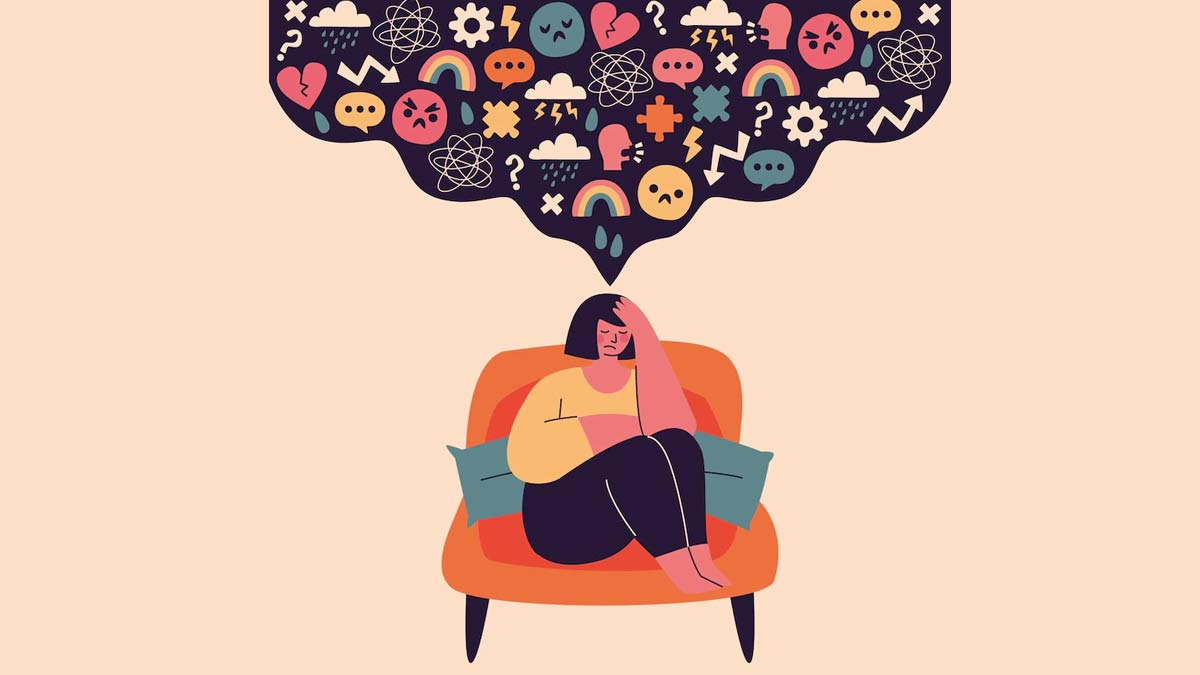The Impact of Social Media on Mental Health
1. Increased anxiety and depression: Studies have found that heavy social media use is associated with increased anxiety and depression. This may be due to the constant comparisons to others, feeling like you're missing out on events and experiences, or the pressure to present a perfect image of yourself online.
2. Cyberbullying: Social media provides a platform for cyberbullying, which can have devastating effects on mental health. Being a victim of cyberbullying can lead to anxiety, depression, and even suicide.
3. Addiction: Social media can be addictive, leading to feelings of anxiety or distress when away from your phone or computer. This addiction can interfere with relationships, work, and other areas of life.
4. Sleep disturbances: The blue light emitted by screens can disrupt sleep, leading to insomnia and other sleep disorders. Social media use before bed has been shown to negatively impact the quality of sleep.
5. Increased feelings of isolation: Despite the ability to connect with others online, social media can increase feelings of isolation and loneliness. This can be due to the lack of in-person social interaction and the pressure to constantly engage with others online.
Strategies for Navigating the Challenges of Social Media
1. Set boundaries: It's important to set boundaries around social media use. This can include limiting the amount of time spent on social media, avoiding social media before bed, and taking breaks from social media altogether.
2. Practice mindfulness: Mindfulness techniques can help you become more aware of your thoughts and feelings when using social media. This can help you recognize when you're feeling anxious or stressed, and take steps to manage those feelings.
3. Prioritize in-person interactions: While social media can be a useful tool for staying in touch with others, it's important to prioritize in-person social interaction. Spending time with friends and family in person can help reduce feelings of isolation and increase feelings of connectedness.
4. Be mindful of your social media use: It's important to be aware of how social media use affects you personally. If you find that certain social media platforms or interactions are causing negative emotions, consider reducing or eliminating your use of those platforms.
5. Seek professional help: If social media use is negatively impacting your mental health, it's important to seek professional help. A mental health professional can help you develop strategies for managing anxiety and depression related to social media use.
Conclusion
Social media has become an integral part of our lives, offering us the ability to connect with others around the world. However, it's important to be aware of the potential negative impact social media can have on our mental health. By setting boundaries, practicing mindfulness, prioritizing in-person interactions, being mindful of our social media use, and seeking professional help when needed, we can navigate the challenges of social media and promote better mental health.

Comments
Post a Comment